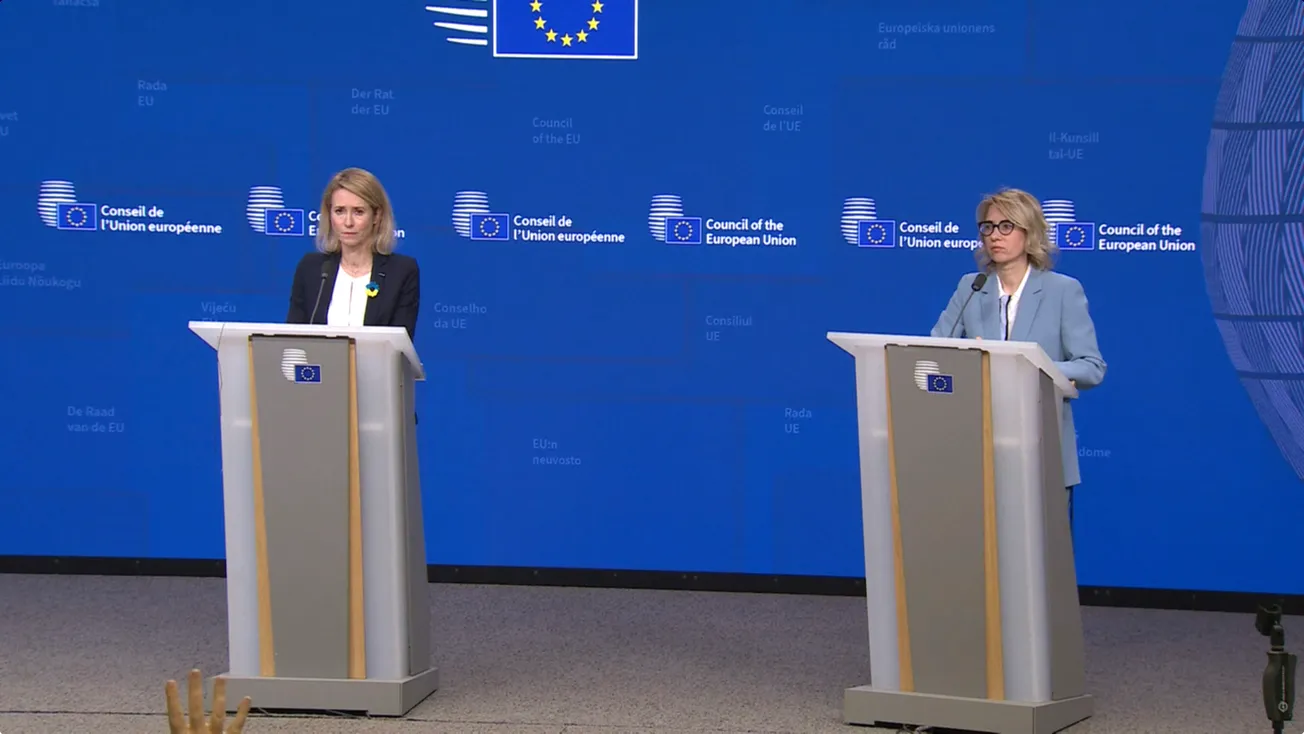This month’s Le Monde Diplomatique, under the title “The Vatican’s Discreet Non-Alignment; The Pope against the Western Crusades,” has a substantial article covering the Pope’s offer to use the Vatican as a venue for immediate peace negotiations.
The article starts by observing, “Both a head of state and a religious authority, the Pope is a mediator on the international scene, especially during armed conflicts.” However, “Since the start of the war, the Pope’s stance has irritated, and sometimes angered, Western leaders and Kiev.” Last Easter, The Vatican’s plans for the Stations of the Cross procession included a Ukrainian and a Russian woman carrying the cross together, outraging Ukraine. And in May, the Pope referred to NATO as “barking at the gates of Russia,” regarding the conflict’s origins.
The weekly writes: “Francis has been accused of both naivety and indulgence towards the Russian government. The latter has been attributed to his rapprochement with Kirill, the Patriarch of Moscow and head of the Russian Orthodox Church.” Both religious leaders met at Havana airport in February 2016. At that time, the two religious leaders signed “a declaration considered too conciliatory,” deploring the “confrontation in Ukraine that has already taken many lives.”
Francis condemned the invasion of Ukraine on Feb. 27. “As he later recounted, the day after the aggression he went in person to the Russian ambassador to the Vatican to ask for an audience with President Vladimir Putin, but Putin never granted it.” In mid-September, he for the first time considered it “morally acceptable” to arm the Ukrainian resistance. “The Vatican has been slow to talk about the aggressor, Russia, because it must always keep the door open to dialogue, it is in the great tradition of the Vatican,” says Nicolas Senèze, journalist at La Croix.
Le Monde Diplomatique then details the historical role played by the Vatican for peace: “The roots of this Vatican tradition go back to the 19th century. From 1870 … the Catholic Church reconfigured its diplomatic role, particularly from the pontificate of Leo XIII (1878-1903), as that of mediator between the great powers.” The Lateran Accords, signed in 1929 between the Holy See and Italy, stipulated that the former “wishes to remain and will remain a stranger to temporal competitions with other states and to international meetings convened for this purpose, unless the parties in dispute unanimously appeal to its mission of peace.” This does not prevent the Holy See from recognizing self-defense. “With these principles in mind, successive popes have generally refrained from supporting Western wars. In 1962, during the missile crisis, John XXIII’s call for peace favored negotiations between JFK and Khrushchev. The Vatican will always be opposed to the embargo on Cuba, while criticizing the attacks on freedoms. Whereas John Paul II, firmly anti-communist, approached President Ronald Reagan to weaken the Eastern bloc in the 1980s, he nonetheless condemned Washington’s military actions against Iraq in 1991 and especially in 2003.”
Today, “With Benedict XVI in retreat on the international scene, Francis wants to revive Vatican diplomacy. In January 2014, in his first address to the diplomatic corps, he referred to Benedict XV, who during World War I called for the superiority of the ‘moral force of law’ over the ‘material force of arms.’ On several occasions, he made his own the famous exclamation of Paul VI at the United Nations in 1965: ‘Never again war!’”
“Francis does not want to be ‘the chaplain of the West,’ explains Cardinal Pietro Parolin, Secretary of State of the Holy See, about Ukraine. The Pope ‘denounces the “economic-technocratic-military power” by which the ‘powerful’ dominate the world. He proposes that military expenses be paid into a world fund to ‘eliminate hunger and promote the development of the poorest countries.’”
“The Pope offers his good offices between Moscow and Kiev. If, for the time being, only Ukrainian President Volodymyr Zelenskyy has invited him to mediate, diplomatic contacts would be established,” writes Le Monde Diplomatique.
“Are there already things in this direction? If so, we will not shout it from the rooftops. It’s something that is always done with a certain discretion,” says a Vatican diplomat who recalls the role played by Francis in the rapprochement between Presidents Barack Obama and [Cuban President] Raúl Castro. The Pope seems isolated, a convinced pacifist in a time when ‘everyone is in a bit of a go-with-the-flow spirit,’ especially in the West and in Eastern Europe.... Calling himself a “pessimist,” the Pope nevertheless says, “We must do everything possible to stop the war.”




